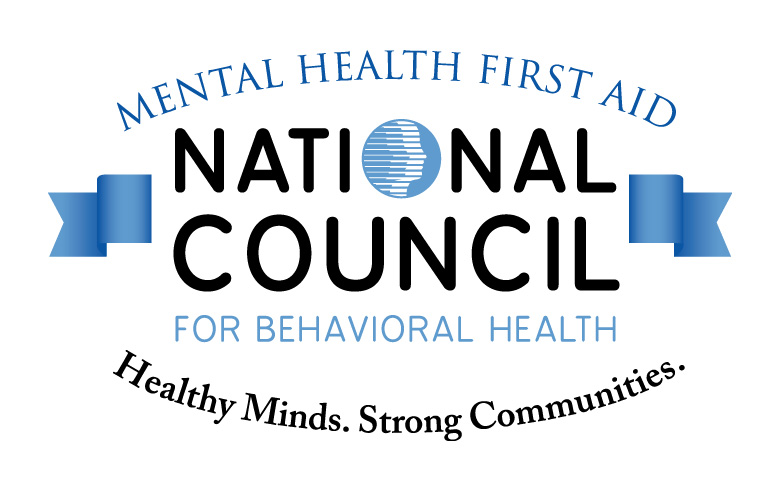National Council for Behavioral Health

Q1: First, please tell us a little bit about your organization and its mission.
The National Council for Behavioral Health (National Council) is the unifying voice of America’s health care organizations that deliver mental health and addiction treatment and services. Together with our 2,900 member organizations serving over 10 million adults, children and families living with mental illness and addiction, the National Council is committed to all Americans having access to comprehensive, high-quality care that affords every opportunity for recovery.
Q2: How does the Medicaid non-emergency medical transportation benefit impact the National Council and the people you serve? What particular needs are helped by the NEMT benefit?
As mental illness and addiction are chronic health conditions, access to non-emergency medical transportation is essential. Like individuals with other chronic diseases, people experiencing mental illness and addiction require transportation assistance so they can engage in long-term treatment and recovery support services. Access to medical transportation is particularly important for Medicaid beneficiaries with mental illness because these illnesses can result in symptoms, such as paranoia, confusion and hallucinations, that make navigating public transportation extremely difficult.
Importantly, the Medicaid non-emergency medical transportation (NEMT) benefit enables individuals with behavioral health conditions to live productive, independent lives in the community, where they can access their personal support networks and cost-effective, outpatient treatment services. NEMT is a critical service that facilitates recovery from addiction and/or mental illness.
Q3: Based on your experience, if patients did not have access to NEMT, how would that impact them?
Without access to NEMT, Medicaid beneficiaries with behavioral health conditions would suffer a decline in decline in their whole health. Numerous studies show that persons living with mental illness and addiction die much earlier for the general population. This premature death is mostly due to untreated co-morbid, chronic physical health conditions such as diabetes, heart disease and hypertension. As a result, the loss of NEMT would not only impact a person’s behavioral health, but could also be disastrous for their physical wellbeing.
Additionally, the symptoms of mental illness and addiction, alongside co-occurring physical health conditions make accessing public transportation difficult. Further, many mental health and addiction treatment clinics, including National Council members, serve rural and frontier communities where public transportation is not an option.
Q4: Besides being an allied member of MTAC, what is the National Council doing to protect NEMT (and/or Medicaid, more generally)?
The National Council and its members advocate for policies that protect and strengthen Medicaid as a vital source of care for people living with mental illness or addiction. The National Council strongly supports Medicaid benefits like NEMT that make care possible for the millions of Medicaid beneficiaries living with behavioral health conditions. In addition to ongoing advocacy, each year the National Council leads Hill Day, where 700+ advocates gather on Capitol Hill to urge Members of Congress and their staff to support Medicaid and other federal programs essential to providing quality behavioral health care.
